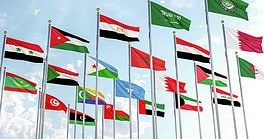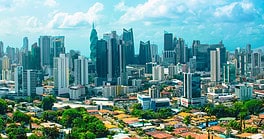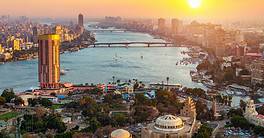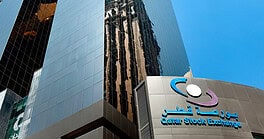Rwanda faces its past and securing post-pandemic economic growth.
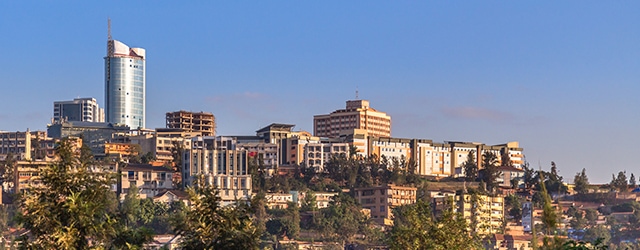
|
RWANDA: VITAL STATISTICS |
|---|
|
Location: Central Africa |
|
Neighbors: Democratic Republic of the Congo, Uganda, Tanzania, Burundi |
|
Capital city: Kigali |
|
Population (2020): 12,948,714 |
|
Official language: Four official languages: Kinyarwanda, French, English and Swahili/Kiswahili. In December 2019, the government announced an effort to shift to English. |
|
GDP per capita (2018): $772.9 |
|
GDP growth (2019): 3.9% |
|
Inflation (2019): 9.4% |
|
Currency: Rwandan Franc |
|
Investment promotion agency: Rwanda Development Board |
|
Investment incentives available: Kigali Special Economic Zone; variety of tax breaks; no statutory limit to foreign ownership or control |
|
Ease of Doing Business rank (2020): 38 |
|
Corruption Perceptions Index rank (2019): 51 |
|
Political risks: Repressive political environment; leadership succession unclear |
|
Security risks: Violent crime is rare; some petty crime |
|
PROS |
|---|
|
Level of local crime relatively low: petty theft, pickpocketing and house break-ins |
|
Main roads in Kigali and linking Kigali to other cities relatively well maintained |
|
Rwanda promotes gender equality and women entrepreneurs; equal access to investment facilitation and protections |
|
CONS |
|---|
|
Poor road infrastructure and maintenance |
|
Excessive speed, careless driving and lack of basic safety equipment on many vehicles |
|
Inconsistent application of official incentives for FDI |
|
Tax incentives included in deals may not be honored by the lead tax agency |
|
Employment and immigration commitments of investment certificates and deals may not be honored by immigration authorities |
|
Patents and rules against infringement of property rights may not be enforced in a timely manner |
|
Shortage of skilled workers, including accountants, lawyers, electricians and technicians |
|
Power and water supply outages |
|
Drought |
|
Sources:AllAfrica, Government of Canada Global Travel Advisory, Human Rights Watch, International Monetary Fund, Moody’s Investors Service, New Times, News of Rwanda, Reuters, Santander Trade Markets, The Conversation, The New York Times, The Rwandan, Transparency International, UN International Residual Mechanism for Criminal Tribunals, US State Department, World Bank, World Population Review |
|
For more information, check out Global Finance‘s Rwanda Economic Report data page. |
The capture in May of Félicien Kabuga, allegedly the Hutu financier of Rwanda’s 1994 genocide, brought that terrifying chapter of the country’s past back to the forefront. During 100 days that year, between 800,000 and one million Rwandans, mostly Tutsis, were slaughtered; and human rights organizations have estimated that between 250,000 and 500,000 women and girls were raped.
While the Kabuga affair unfolds, Rwanda’s other major task is reviving its economic growth trend, which was strengthening for the past few years but was brought to a hear halt by Covid-19
For almost two decades, net foreign direct investment had been trending upwards, hitting $301.6 million in 2018 from $8.1 million in 2000. During the same period, GDP per capita increased from $218.7 to $772.9. Personal remittances from the Rwandan diaspora, an important part of the economy, also rose, reaching a record 2.7% of GDP in 2018.
Similarly, exports topped $2 billion in 2018, up from $684.2 million in 2010. Large public investments under the National Strategy of Transformation, particularly in IT and communications, had boosted growth that was expected to continue booming into 2020.
All that is now plagued by the coronavirus pandemic, which has disrupted most major economic drivers, including agriculture, industry and services. “Hospitality industries are totally down, the hotels are not working, [as well] as restaurants and bars,” says Teddy Kaberuka, economic analyst and CEO at Kigali-based Centrix Rwanda. That resulted in a huge increase in unemployment, and in June the World Bank revised its GDP growth estimate for 2020 to 2% from the January projection of 8%. The National Institute of Statistics of Rwanda expects improved growth in the second half of this year, however.
The pandemic also meant a drop in remittances. Exact figures are not available, but the World Bank estimates a 23.1% drop in remittances across sub-Saharan Africa this year.
Rwanda’s ability to reestablish earlier growth levels will depend on how fast and how fully the nation can return to economic activities. Strengthening manufacturing, for example, could boost job numbers even as the nation continues to work within Covid-19 prevention strictures.
The economy faces disadvantages that militate against a quick return to prior growth levels. These include limited human capital, infrastructure bottlenecks, a narrow export base and low income levels. Further, Rwanda’s landlocked location negatively impacts the cost of importing commodities, says Kaberuka, adding that population growth is outpacing economic growth.
None of this stops some close observers from expressing optimism for the longer run, however, pointing to Rwanda’s proven ability to accept its history and revive its economy. “It’s a huge resilience that really is unparalleled. We haven’t seen that anywhere in the world,” says Henri Boyi, arts and humanities professor at the University of Western Ontario and fellow at the Africa Institute.
Kabuga may escape legal proceedings due to his age (at least 84); but if the trial proceeds, it will be lengthy. “The most important thing is that he is captured,” says Boyi, who returned annually—until the pandemic—to lead a student group from his course on Rwanda. “He cannot pay for all those lives. No one can bring back the lives that were destroyed.”
